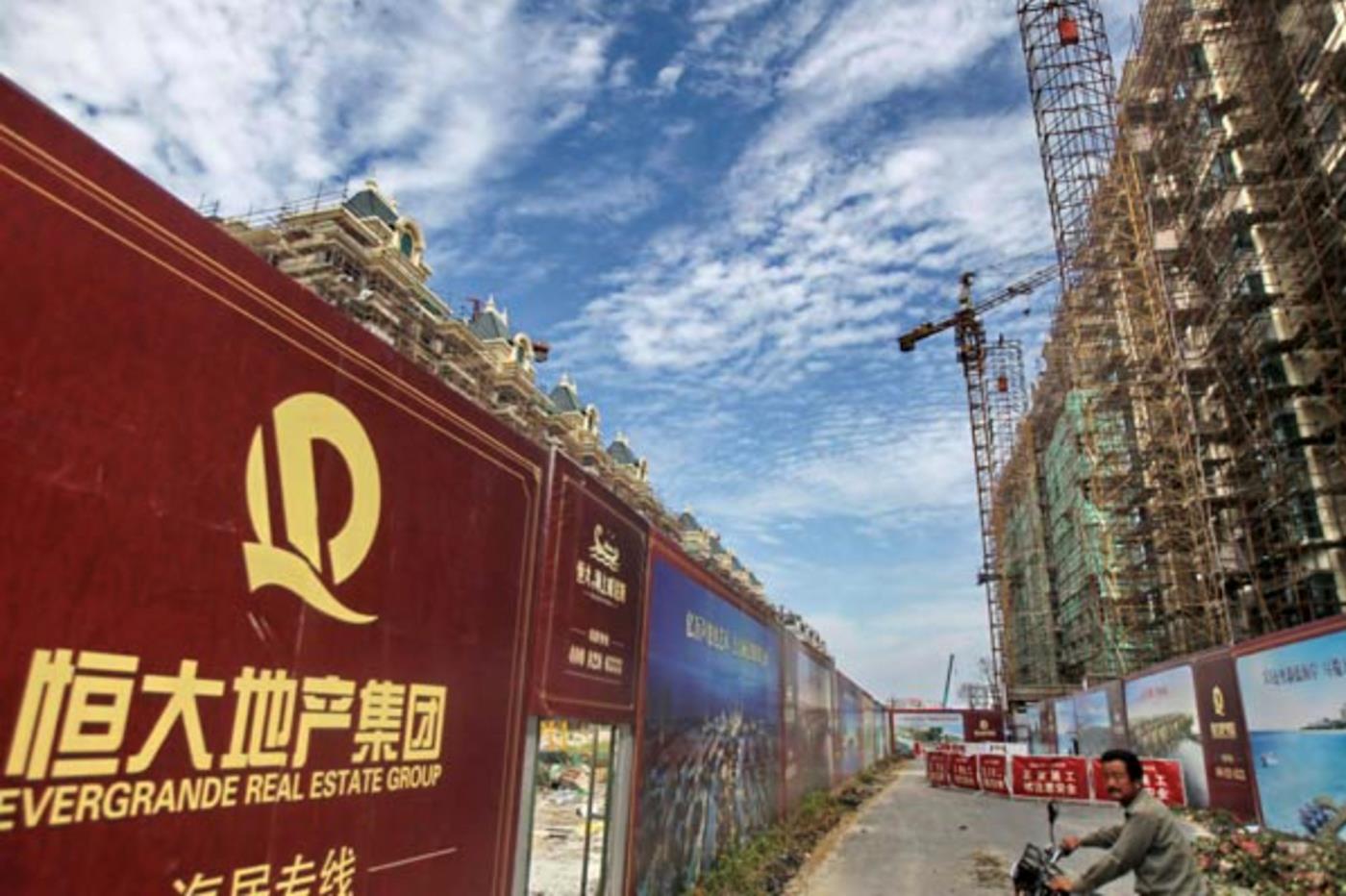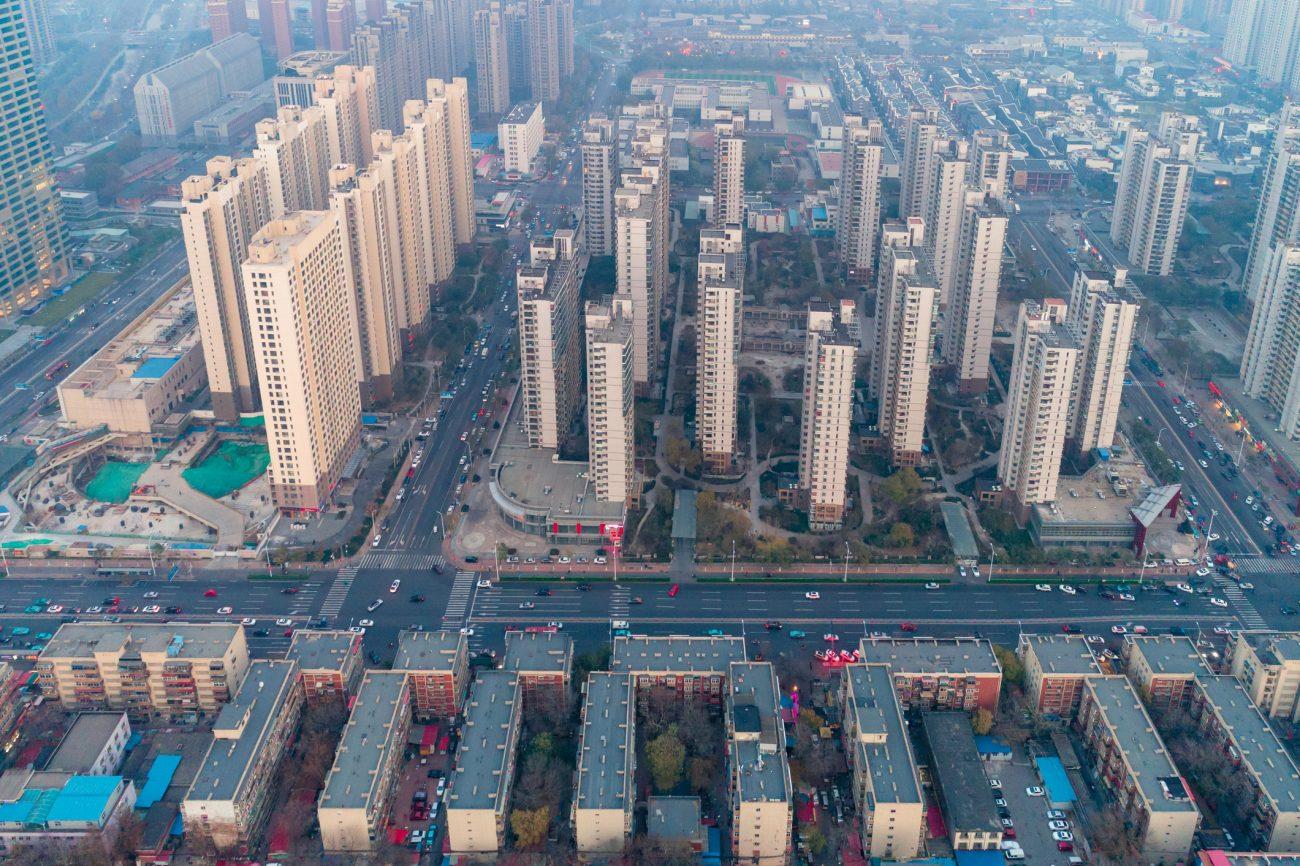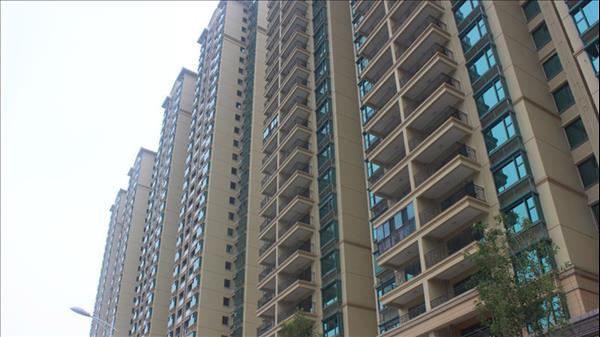
Chinese city curiously caps home price discounts at 15%
(MENAFN- Asia Times) Third and fourth-tier city property prices in China have dipped this year as indebted property developers dump units to replenish their coffers and in response to local buyers' diminished purchasing power due to the Covid-19 pandemic.
One city's authorities are intervening in the market in what some see as a bid to prevent a contagion effect across the nation's wider low-end property market. Yueyang, a prefecture-level city in southern central Hunan province, recently announced a ban on home price discounts of more than 15%.
The announcement came soon after Evergrande Real Estate Group offered slash-rate discounts on its apartments in the city in June.
At the same time, people have been warned to buy properties in lower-tier cities only for self-use and not as speculative investments, as the oversupply situation in these cities would continue for some more time, according to some mainland economists.
On Monday, the National Bureau of Statistics announced the property price changes in 70 major Chinese cities. New home prices in Yueyang recorded a month-on-month decline of 0.7%, the highest in the country, in July. Prices fell by 0.6% in Zunyi in Guizhou province and were down by 0.5% in both Dali and Kunming in Yunnan province.
In the secondary market, 26 cities, mostly lower-tier ones, also recorded a month-on-month decline in prices in July. Prices decreased by 0.7% in Nanchong in Sichuan province and dropped by 0.6% in Yueyang.
According to the property research company Cricchina.com, property prices in Yueyang remained at above 7,000 yuan (US$1,080) per square meter between January and May this year but recorded a month-on-month 13.8% decline in June.
Mainland media reports said the decline was mainly caused by sales promotions launched by Evergrande during that month, as the property developer reportedly sought to replenish its cash flow and lower its gearing ratio.

Evergrande is China's largest and most indebted real estate company. Image: Facebook
On June 29, Evergrande said it had successfully reduced its debt to 570 billion yuan, down from 870 billion yuan at last year's peak level.
Between 2016 and 2019, Hunan province cities ranked among the top for property speculators. Since the second half of 2016, property investors have rushed into Changsha, the capital of Hunan province, driving a sharp increase in local home prices. The trend has since extended to other cities in the province, including Yueyang.
Although the Yueyang government launched some property curbs in 2017, home prices continued to surge by more than 10% from 6,800 yuan per square meter in January 2018 to 7,500 yuan per square meter in August that same year. At that time, some luxury apartments were sold at between 8,500 and 10,000 yuan per square meter.
In October 2019, Evergrande announced it would slash the prices of its apartments in Yueyang by about 3,000 yuan per square meter.
Last year, Evergrande offered more price cuts to potential homebuyers. In February 2021, it launched a nationwide 25% discount on all of its property projects. This year, the company sold its apartments in Yueyang at as low as 5,400 yuan per square meter, similar to the level before the wave of speculation started in 2016.
Recent Cricchina.com research showed that the average home price in Yueyang was 6,492 yuan per square meter in July, down 14.6% from 7,605 per square meter in May. It said property developers would need at least 10 more months to clear their bloated inventories in Yueyang.
Zhang Ping, a financial columnist and chief economist at Shanghai Fuda (Group), said the oversupply situation in third and fourth-tier city property markets would continue as many local workers moved to higher-tier cities after the pandemic erupted last year.
Zhang said although the People's Bank of China had lowered bank reserve requirements in July, it was unlikely that the additional liquidity would be allowed to flow into lower-tier city property markets any time soon.

Many of China's third and fourth-tier cities are overbuilt. Photo: iStock
He said home prices in first and second-tier cities would be supported by more limited supplies but at the same time they would not significantly increase due to property curbs.
A commentary published by Sina.com said it was understandable that the local government in Yueyang banned property price cuts of more than 15% as a sharp decline in home prices would hurt the government's land sales revenue.
The commentary added that many local governments in lower-tier cities relied heavily on land sales to generate their fiscal income but they would not likely be allowed by Beijing to loosen their property curbs for some more time.
Read: Evergrande default fears spread to HK banks

Legal Disclaimer:
MENAFN provides the
information “as is” without warranty of any kind. We do not accept
any responsibility or liability for the accuracy, content, images,
videos, licenses, completeness, legality, or reliability of the information
contained in this article. If you have any complaints or copyright
issues related to this article, kindly contact the provider above.


















Comments
No comment